| Adebayo Daniel Feranmi
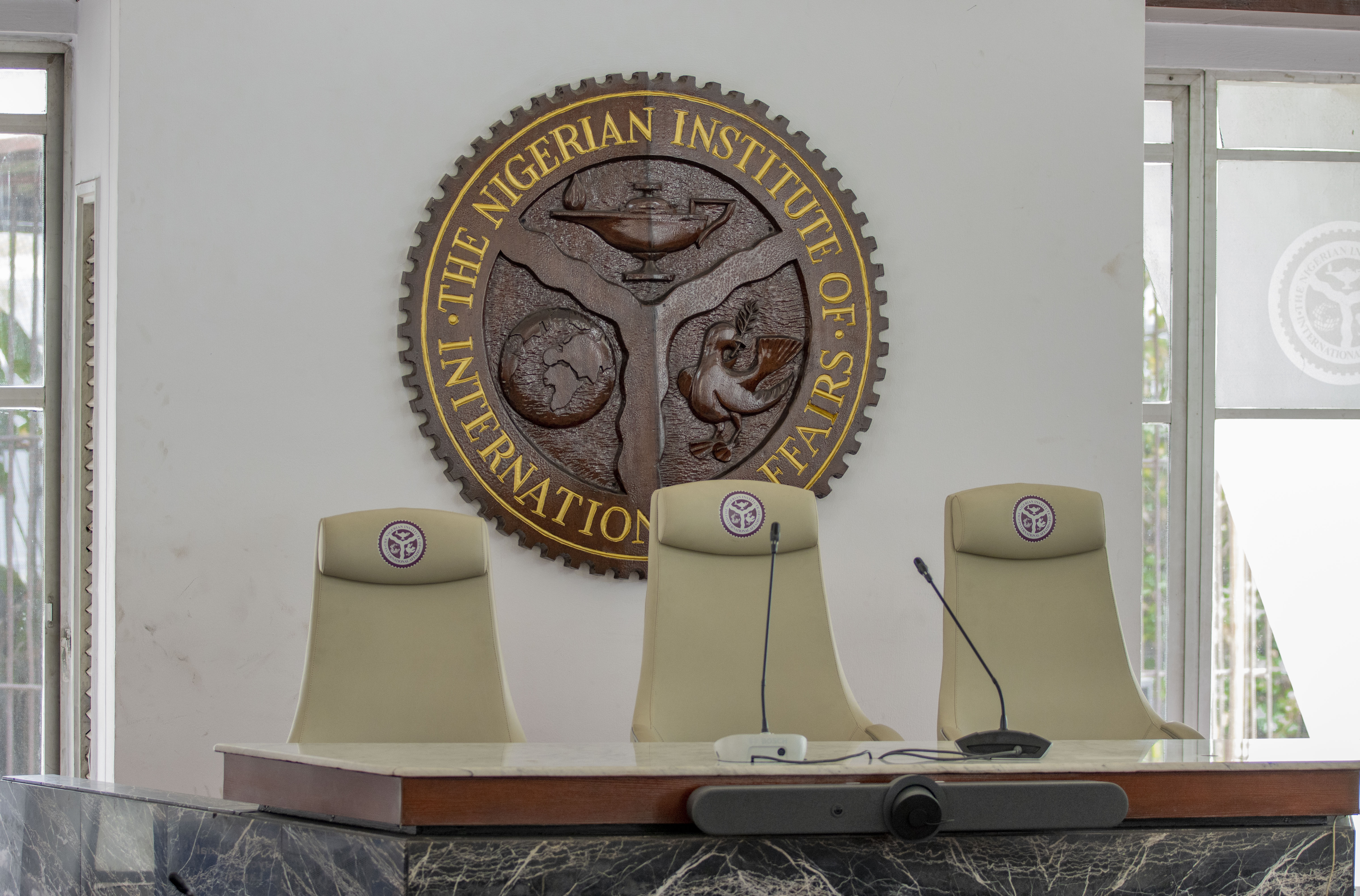
On March 5, 2025, the Department of Political Science and Public Administration, Babcock University, participated in an insightful discussion held at the Nigerian Institute of International Affairs (NIIA), Lagos. The program examined the far-reaching impact of the Russian-Ukrainian war on Europe and the Global South, as well as the dynamics of the relationship between South Africa and Nigeria.
The discussion provided a platform for Babcock University’s representatives to exchange ideas with leading scholars and policy experts, deepening students’ and faculty members’ understanding of global conflicts and their implications for Africa.
Key Insights from the Discussion
- Economic Instability: The war has disrupted global supply chains, driving up the cost of food, energy, and fertilizers, with negative effects on African, Asian, and Latin American economies.
- Food Security Crisis: With Ukraine and Russia serving as major exporters of wheat and maize, the conflict has triggered shortages and price increases, worsening food insecurity in developing countries.
- Energy Challenges and Opportunities: Although energy price hikes have strained budgets, resource-rich nations like Nigeria, Algeria, and Venezuela are seeing new opportunities for investment.
- Diplomatic Balancing Act: African countries have largely adopted non-aligned positions, maintaining ties with both Russia and Ukraine while managing external pressures.
- Geopolitical Realignments: The crisis has accelerated efforts toward economic diversification and self-reliance across the Global South.
- Educational Disruptions: Many international students, particularly from Africa and Asia, studying in Ukraine, have been displaced and forced to continue their studies elsewhere.
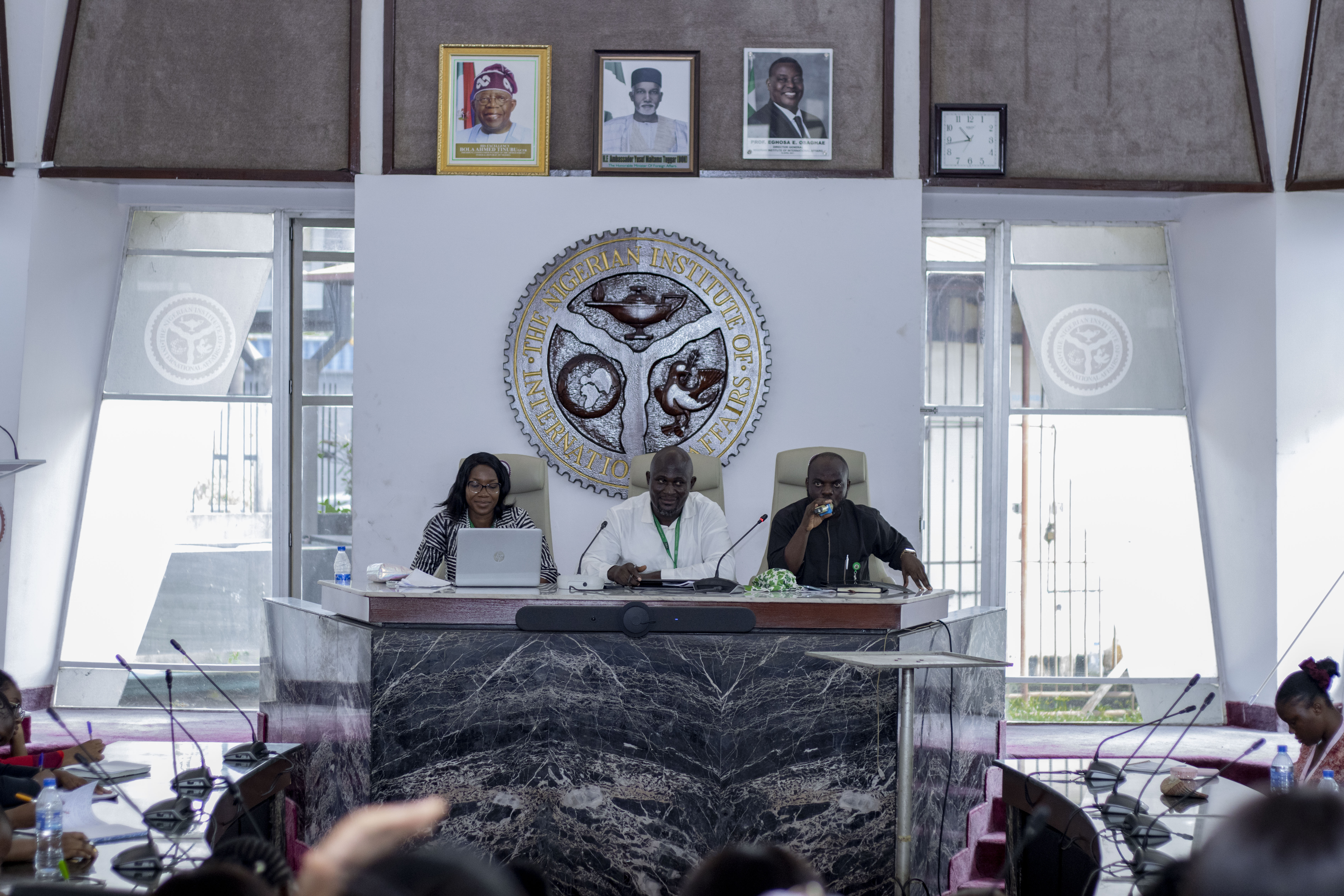
Challenges Identified
The dialogue also highlighted significant challenges:
- Rising inflation and economic instability in the Global South
- Heightened food insecurity from disrupted supply chains
- Diplomatic complexities for fragile economies
- Limited effectiveness of international organizations in resolving the crisis
Recommendations
Experts and participants emphasized the need to:
- Strengthen regional economic cooperation to reduce external dependencies
- Invest in local agriculture and energy sectors for greater self-sufficiency
- Develop strategic diplomatic frameworks to balance economic resilience with global partnerships
- Advocate for reforms in international organizations to improve conflict resolution and global economic stability
SDG Alignment
The conversation linked directly to the United Nations Sustainable Development Goals (SDGs):
- SDG 2: Zero Hunger: Addressing food insecurity through resilient agricultural policies
- SDG 7: Affordable & Clean Energy: Exploring clean and sustainable energy options
- SDG 8: Decent Work & Economic Growth: Promoting inclusive and resilient economic systems
- SDG 16: Peace, Justice & Strong Institutions: Strengthening diplomacy and governance to navigate global conflicts
Conclusion
By engaging in this timely discussion, Babcock University reaffirmed its commitment to global academic discourse and practical exposure for students. The program underscored the importance of equipping future leaders with knowledge to navigate complex international issues, while also preparing them to contribute to Africa’s resilience and growth in an evolving global order.
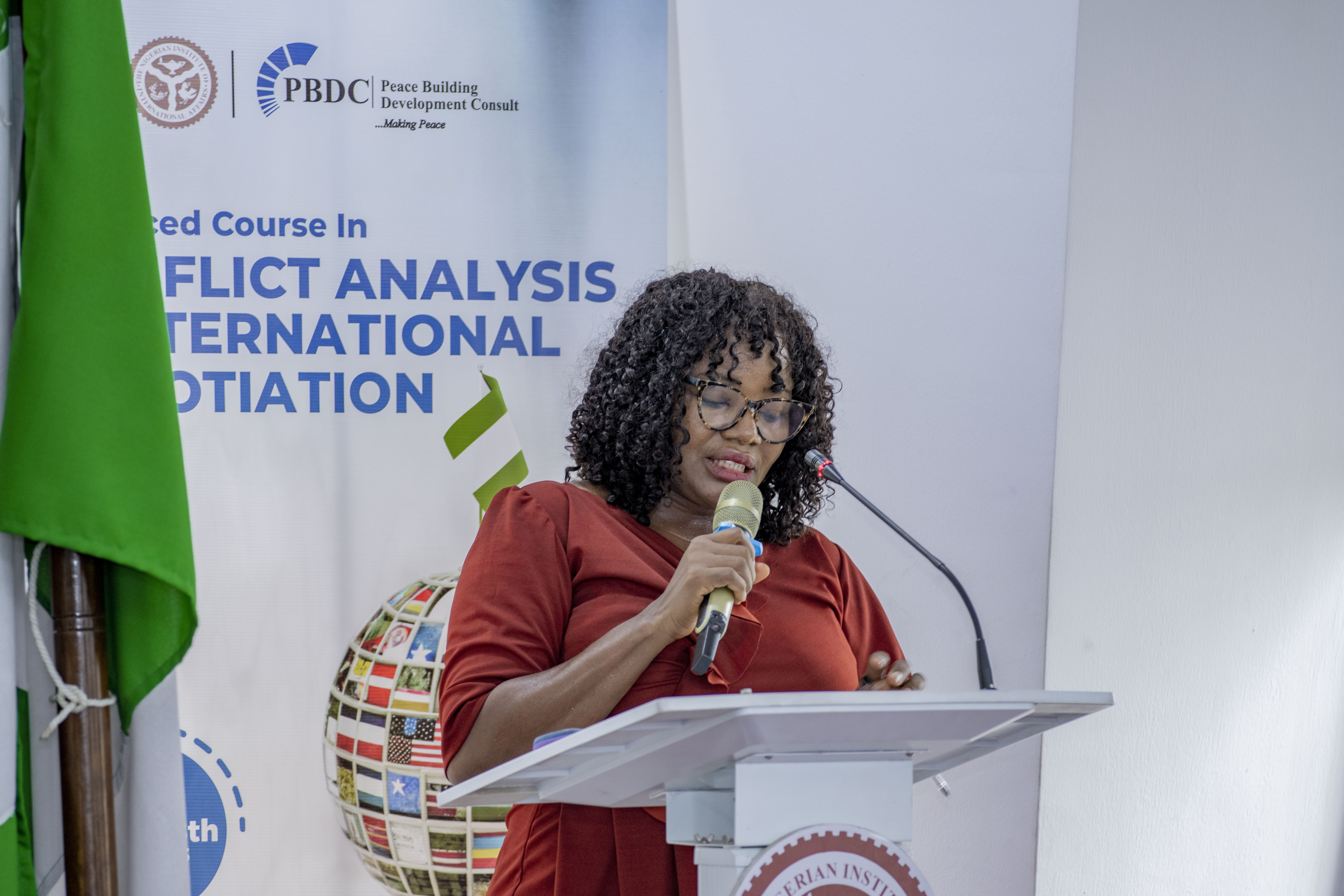
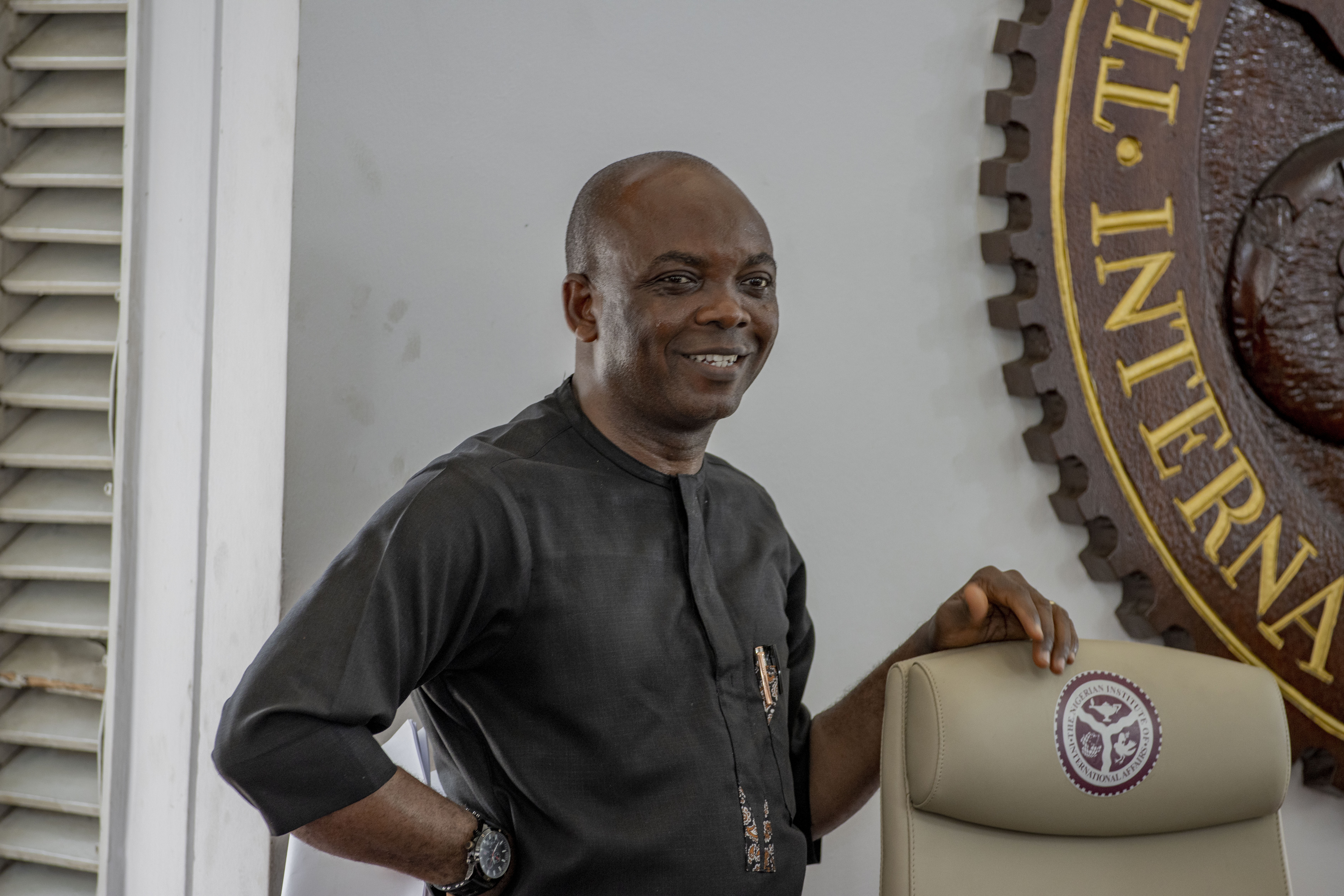
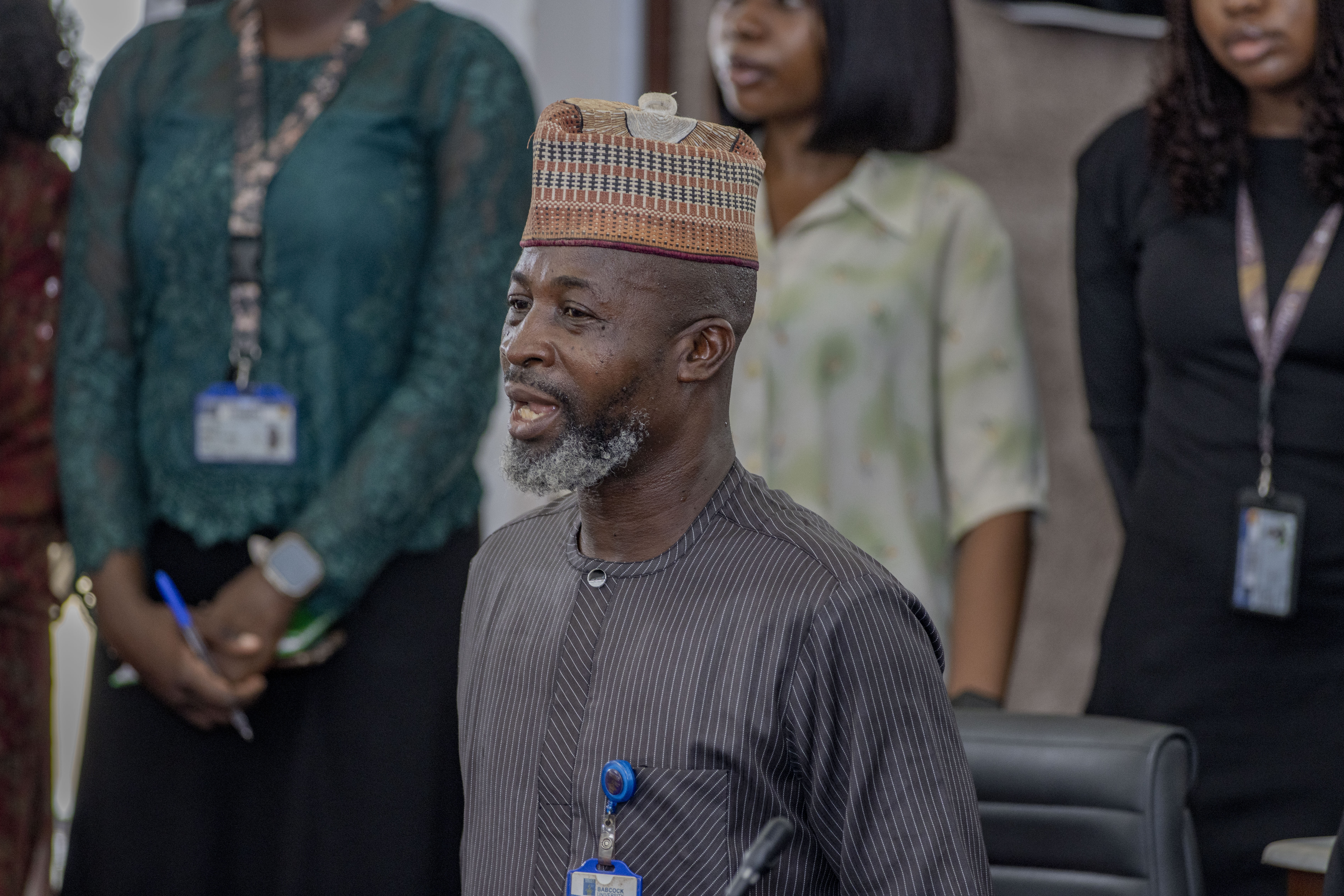
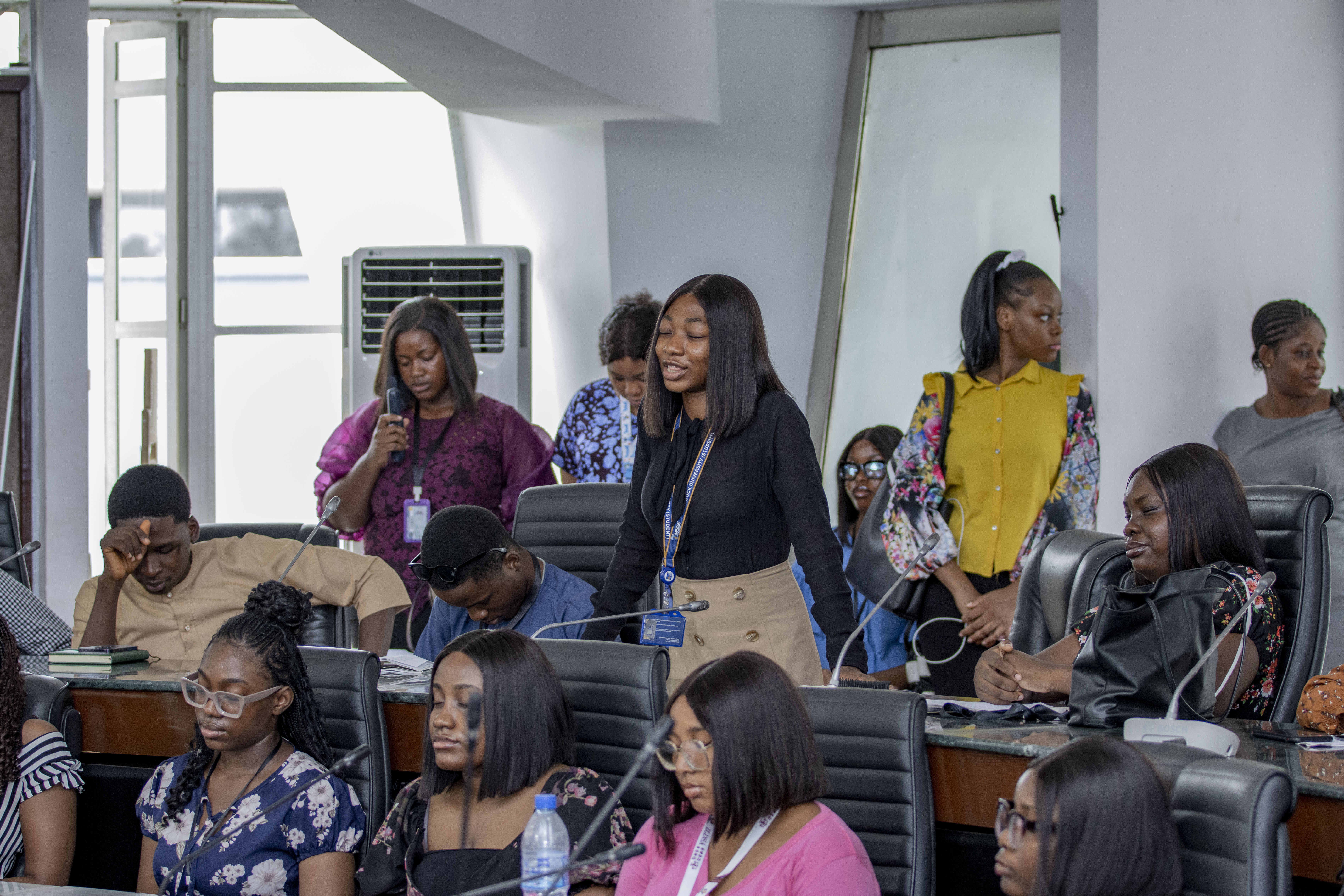
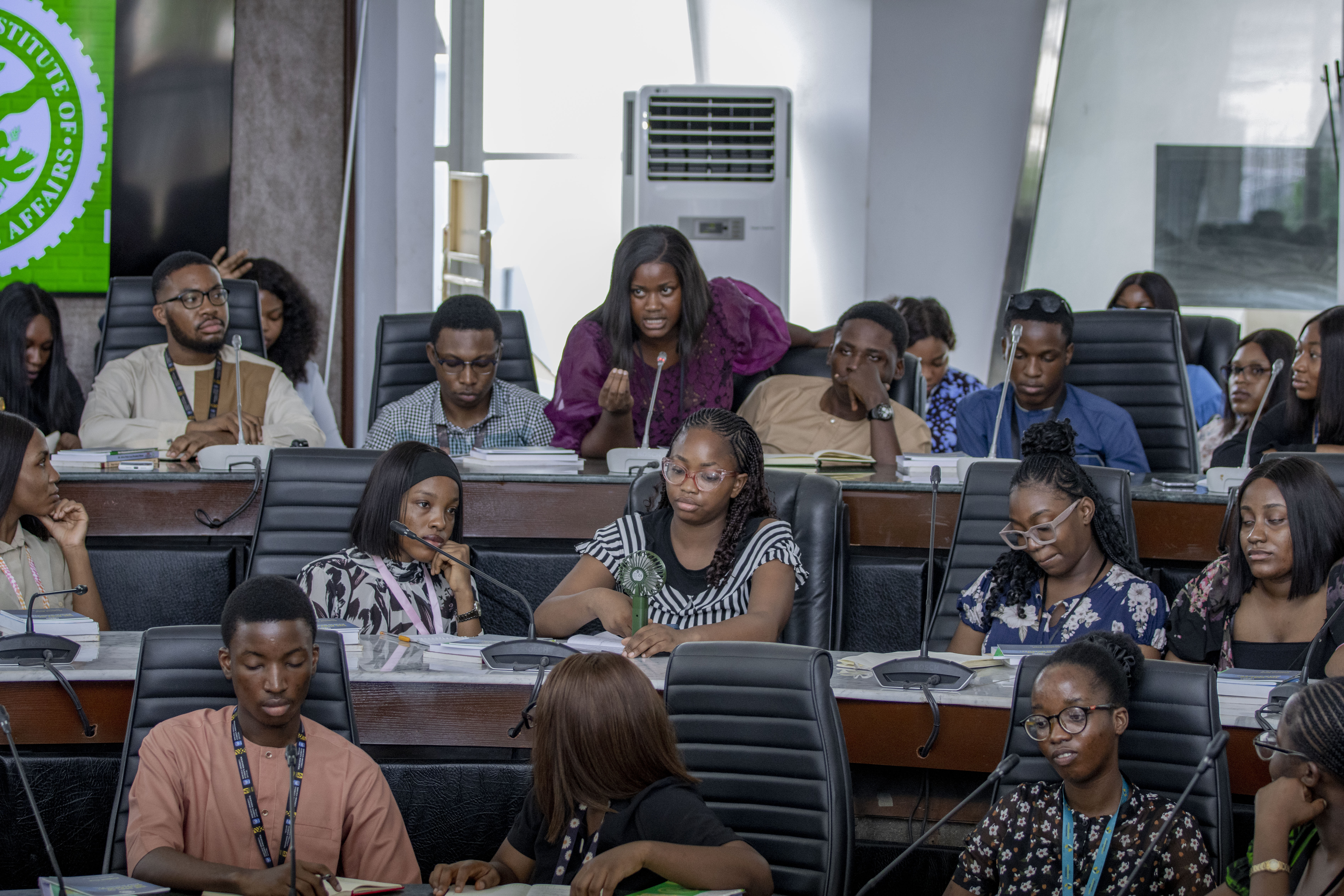
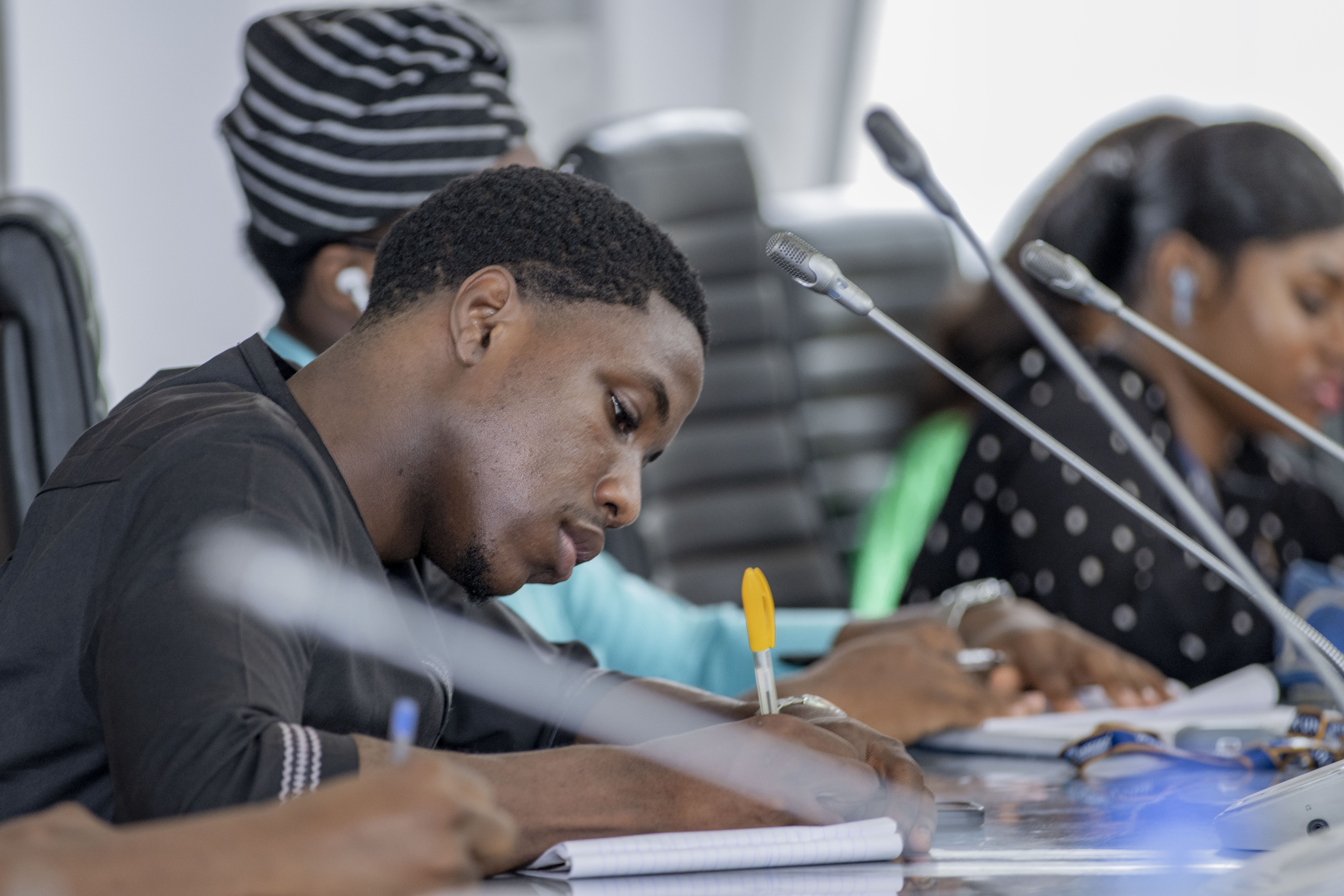
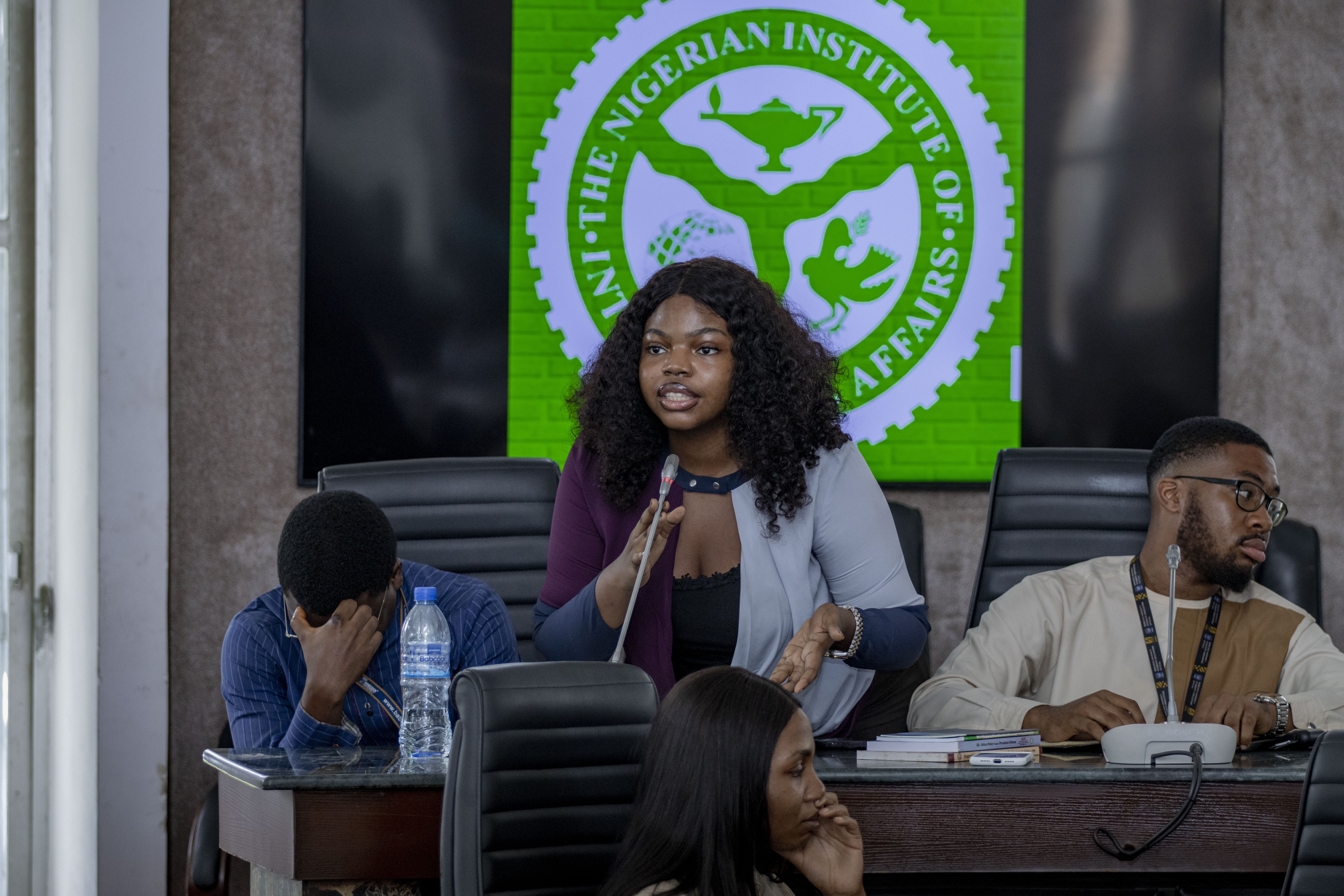
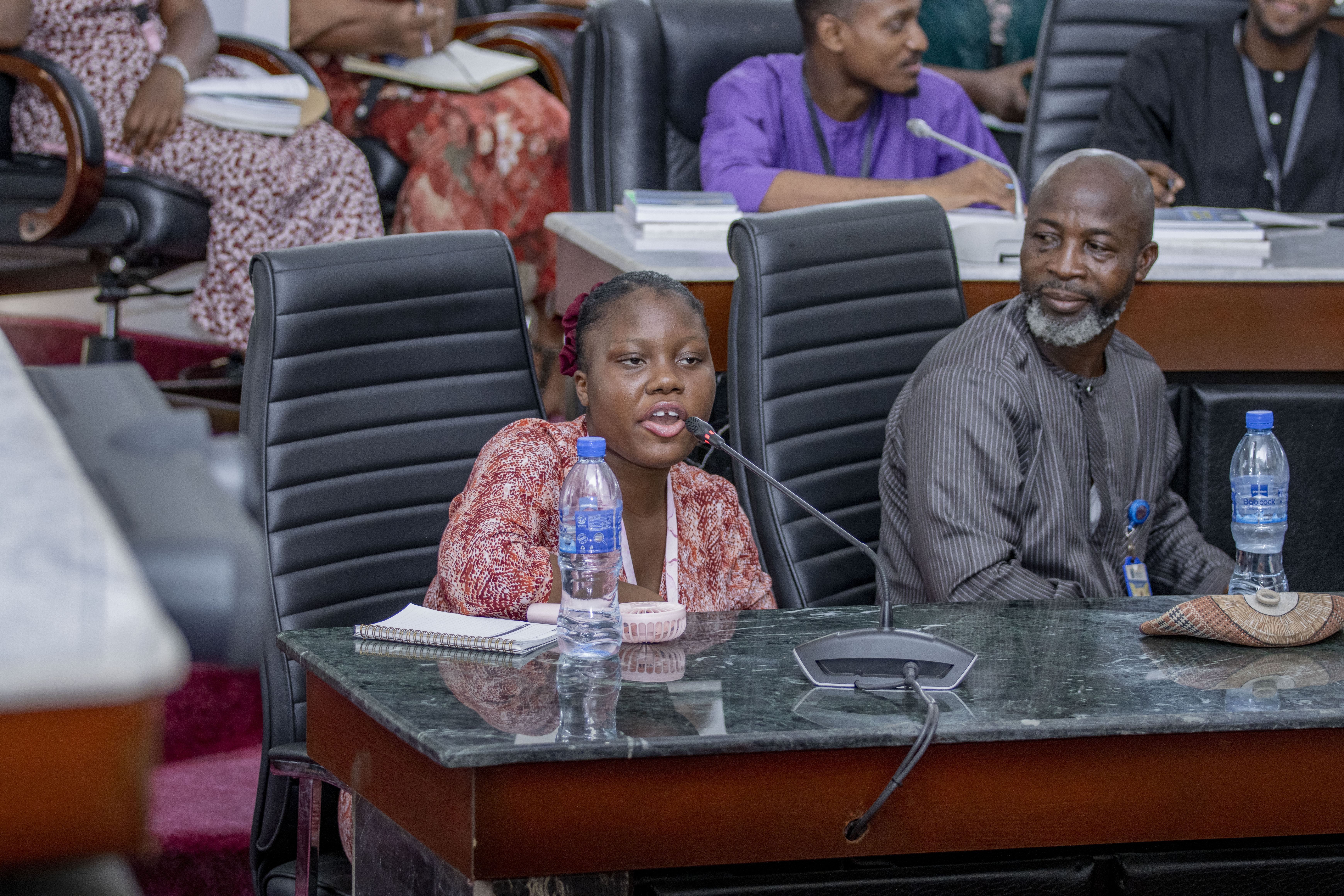
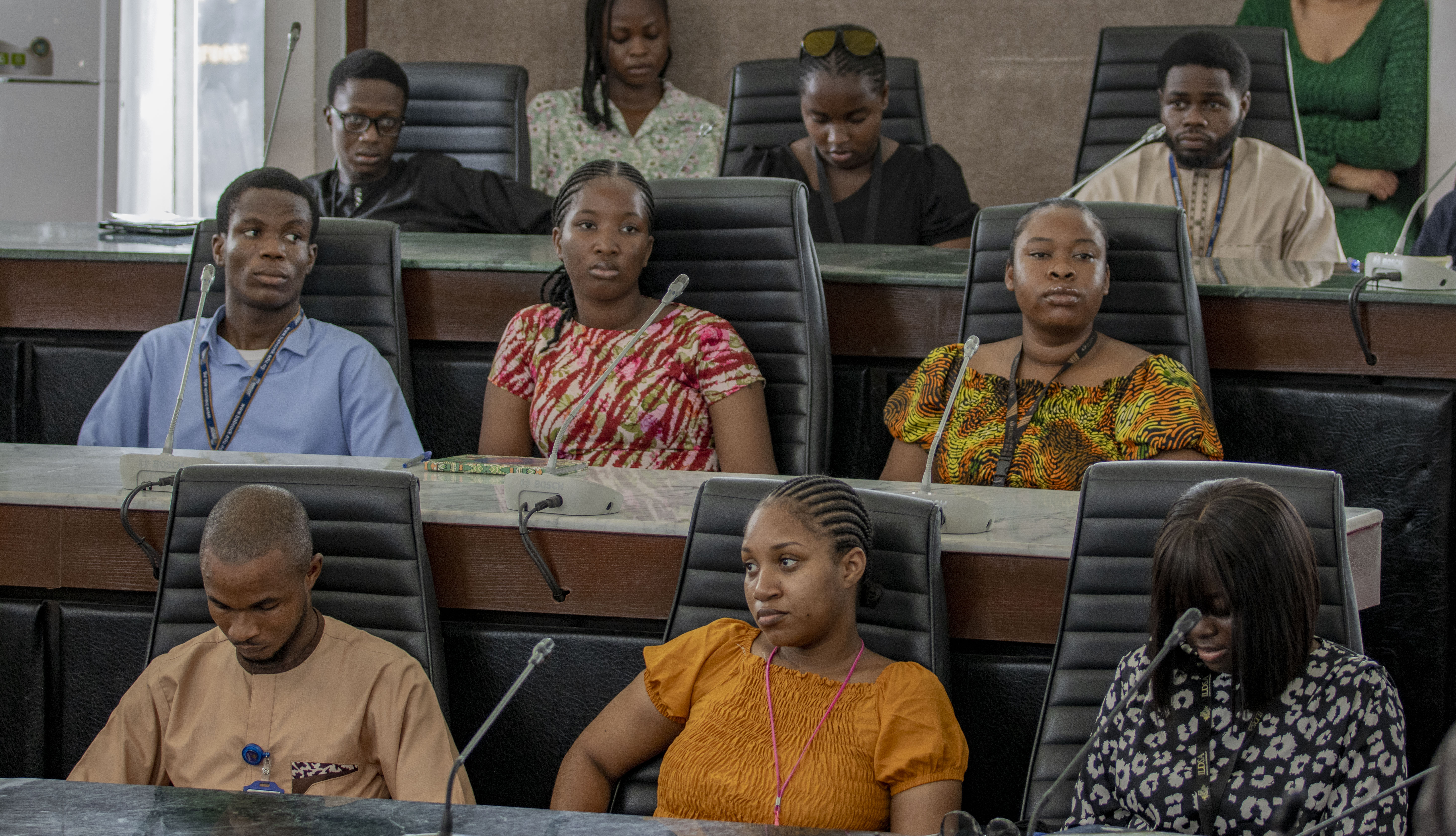
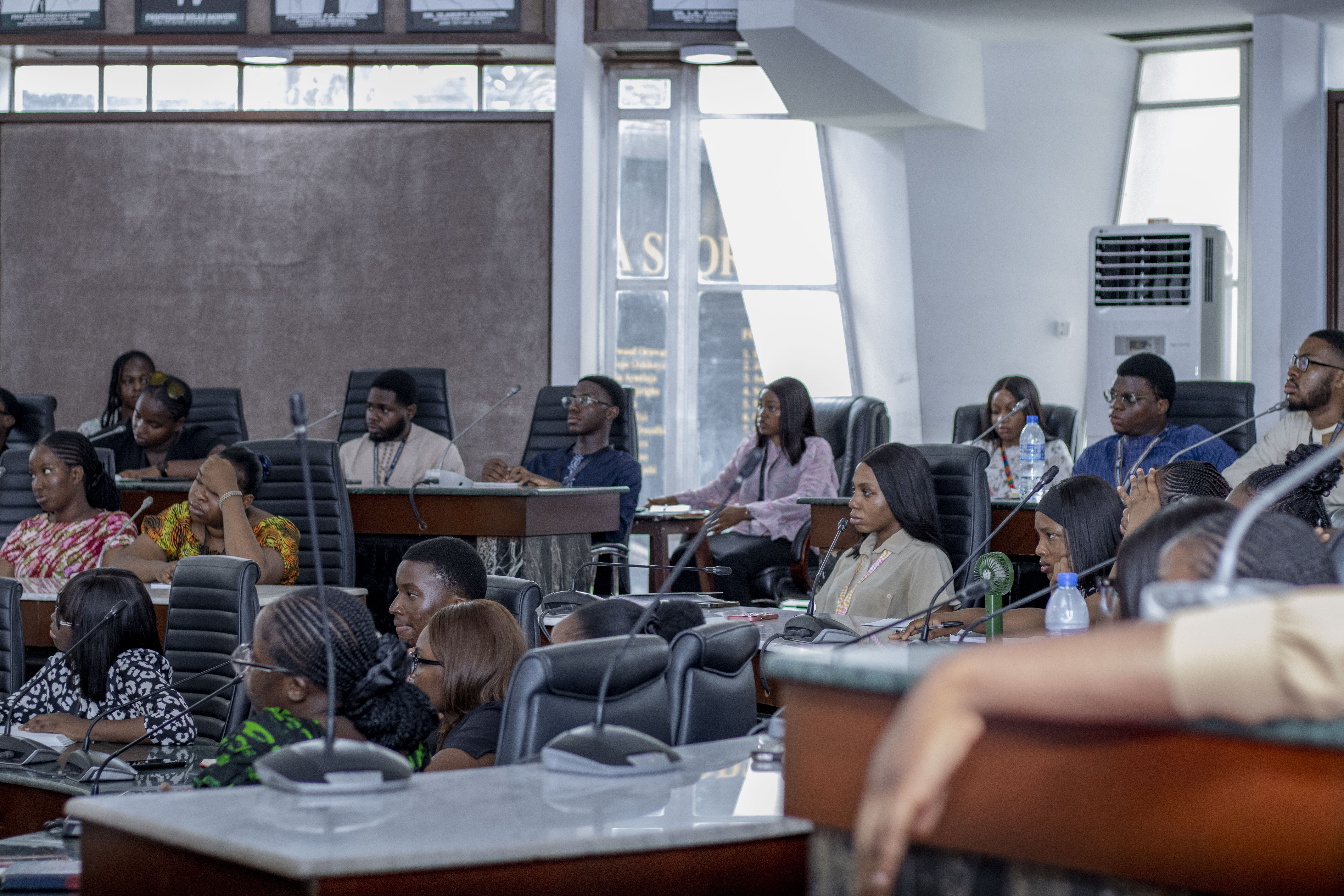
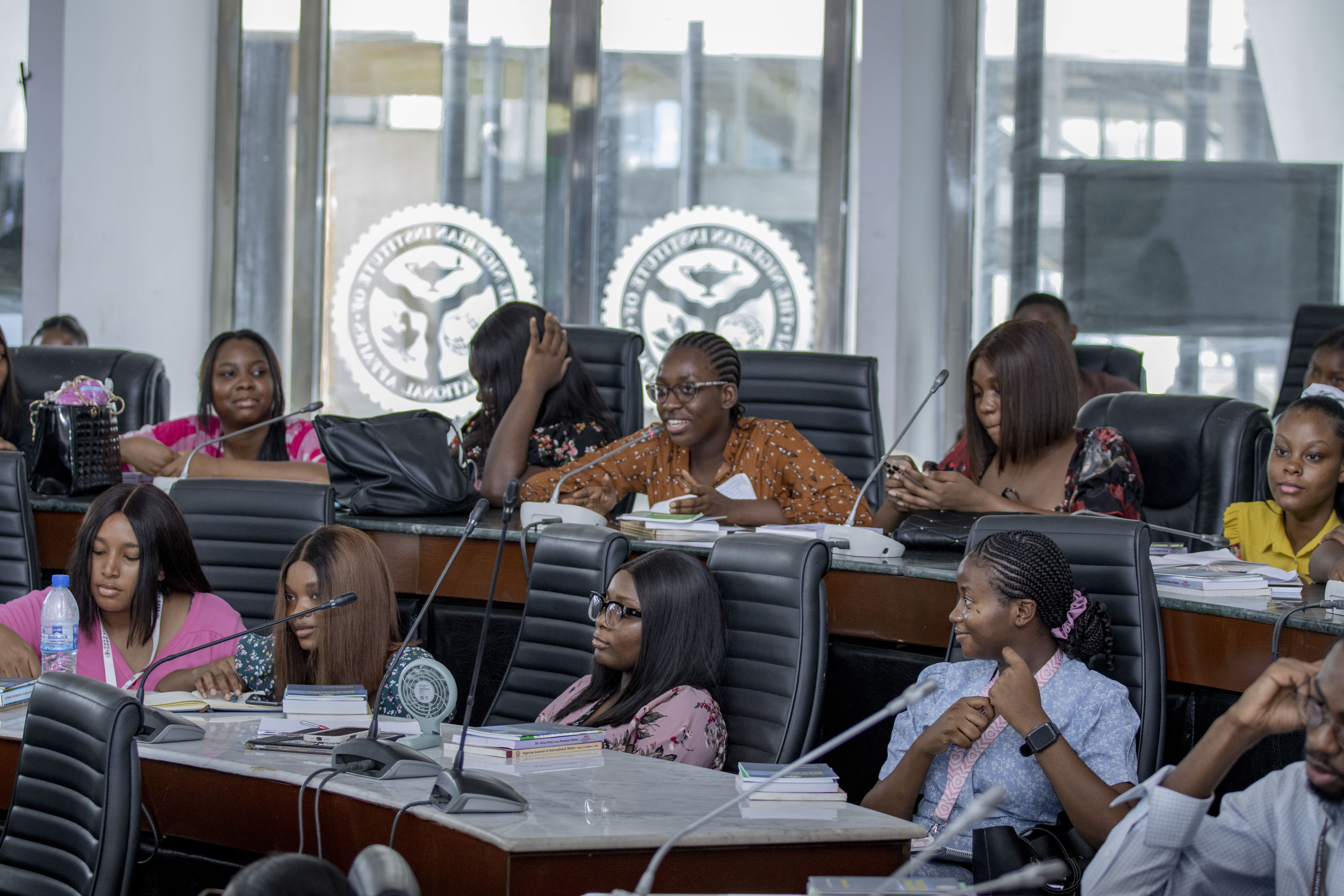
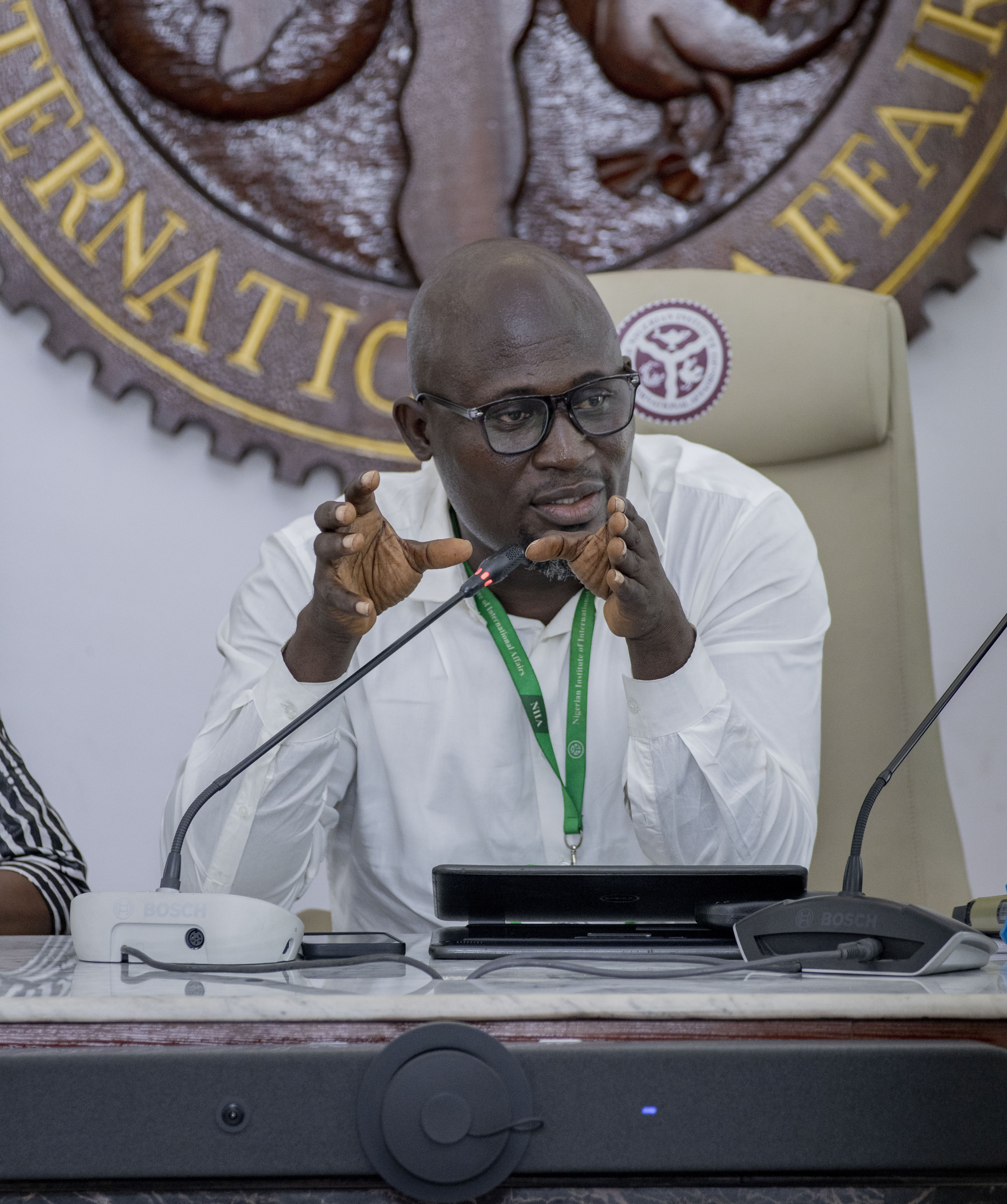
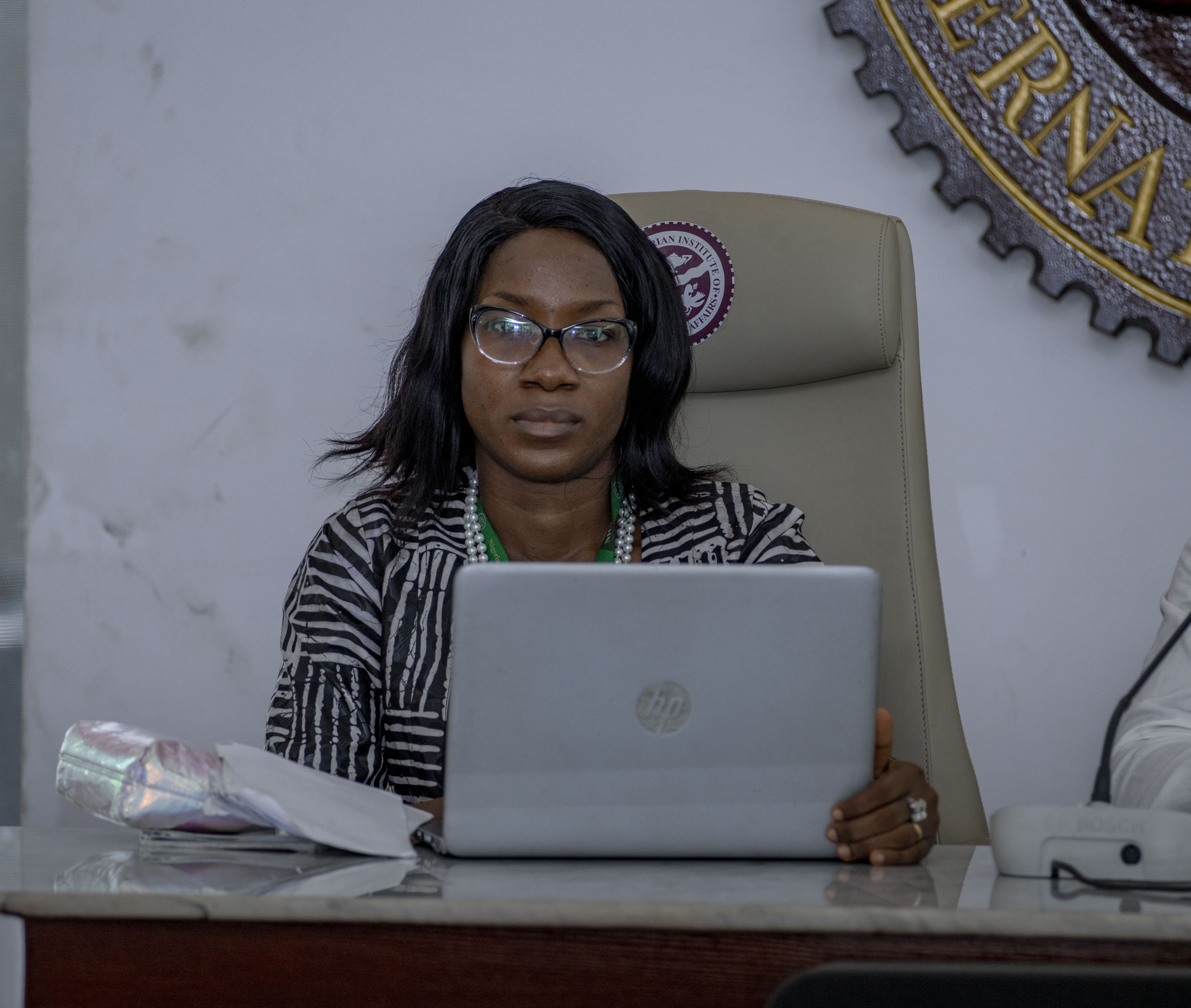
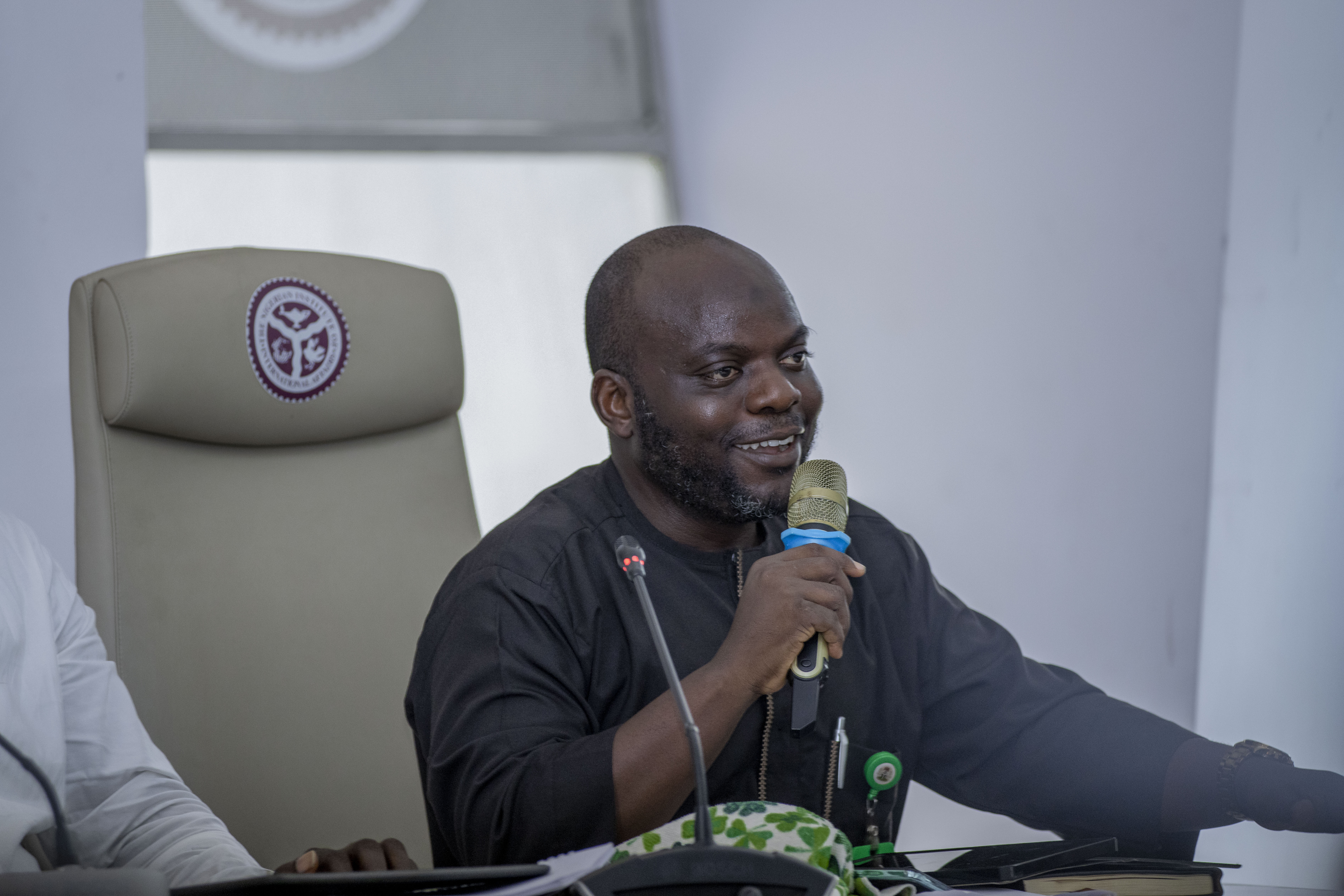
The Facilitators from Nigerian Institute of International Affairs (NIIA), Lagos.